Articles
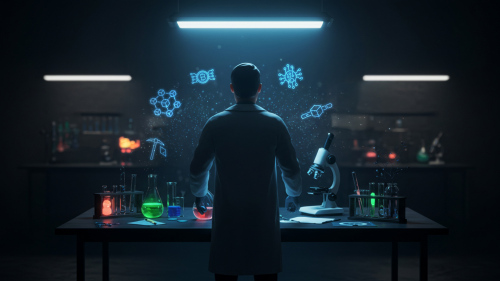
Crypto Research: The Good, the Bad, and the Unverified
From crypto scammers to biased sites self-promoting their projects, how do you cut through the noise and find reputable crypto research sites? Some common Crypto research problems you never thought about. But there are effective ways how to research crypto for your business purpose in this information-rich Web3 environment.
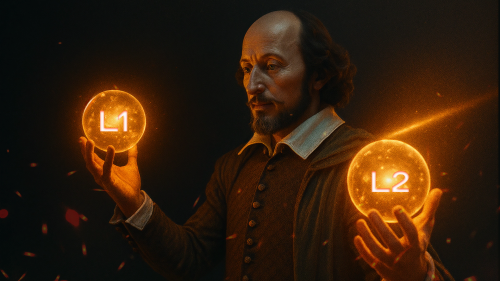
Blockchain Layer 1 vs Layer 2: How to Make Strategic Decisions
Should you build (or build on) a blockchain Layer 1 or Layer 2? We break down the pros, cons, and tradeoffs for entrepreneurs weighing competing L1 and L2 options. Learn about Ethereum, L2 scaling options, and the blockchain trilemma, tetralemma, and pentalemma.
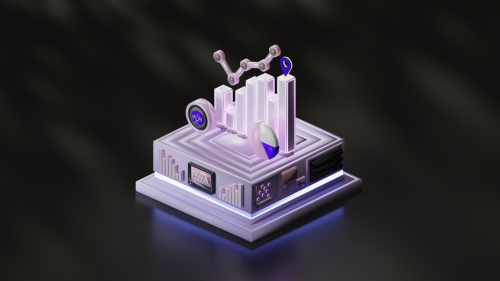
5 Real-World Asset Use Cases You Can Tokenize Today
Real-world asset classes are hot hot hot. They solve for the intangibility that crypto often suffers from. Let’s take a look at five use cases that you can invest in (or launch on) starting today. No barrier to entry, no big leaps, just big ideas and the blockchain.

Top Web3 AI Projects
Two completely different digital technologies: AI and blockchain. Projects merge them to leverage their combined benefits. How is AI used in Web3, and how does AI benefit from blockchain? How do AI and blockchain projects utilize this interconnection? We keep finding more and more examples - updated Aug ‘25.

Tokenization in Emerging Markets: Where It’s Already Working
Blockchain projects are making waves in emerging markets, with expanding use cases, utility, and support. Now is the perfect time for impact-driven Web3 founders to build into these markets. Below, you’ll get a glimpse into several sectors and explore the related regulations.

Tokenized Stocks: U.S. Assets Go Global, Again
The tokenization of stocks is reaching escape velocity. Major crypto exchanges (Gemini, Kraken), Fintech apps (Robinhood), and TradFi heavyweights are all getting in on the action. What does this mean for you? We have hands-on analysis and real-life examples for you.
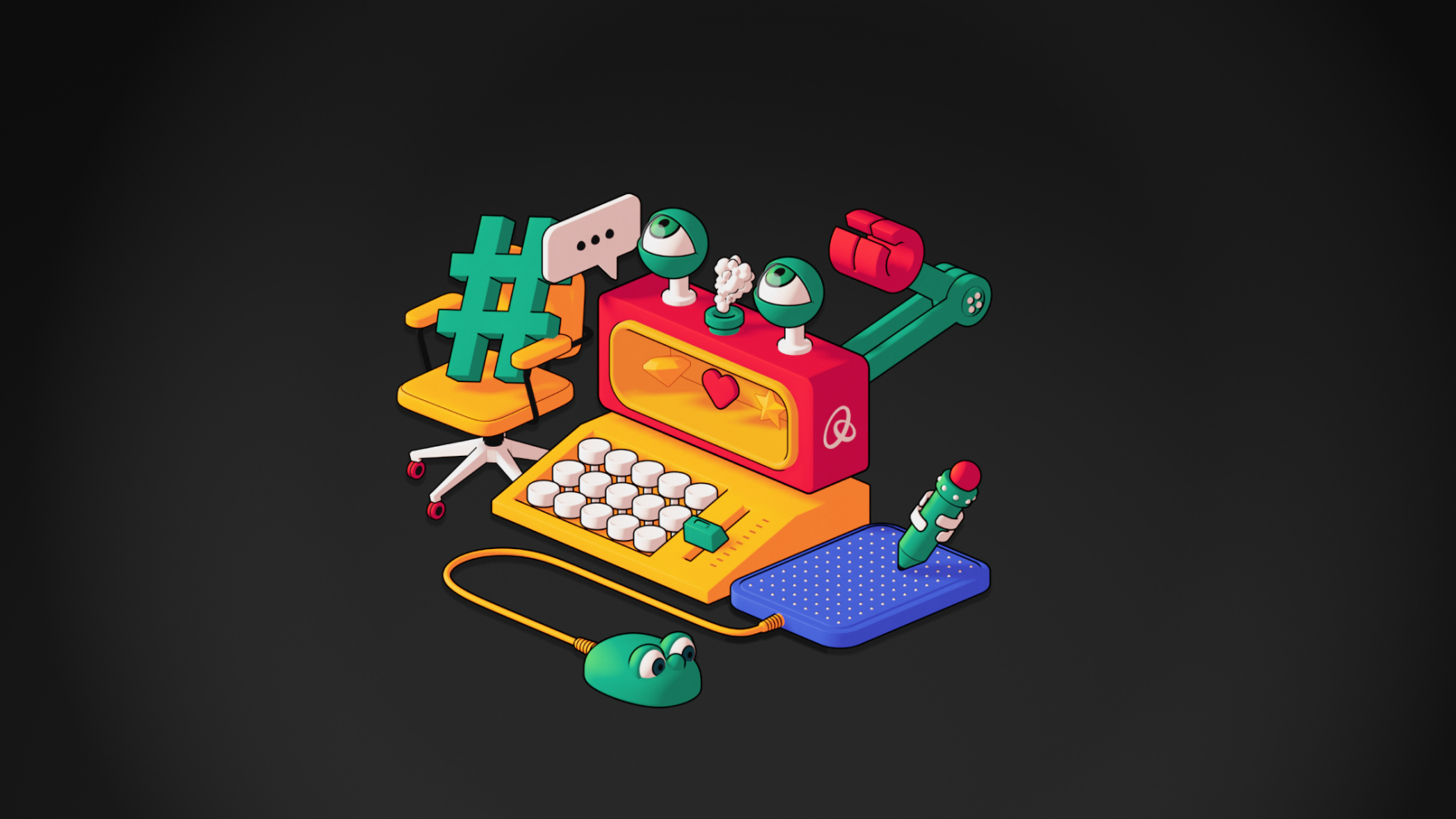
Rethinking Creator Economies: How to Bring Your Audience Onchain
From rented audiences to real ownership, the creator economy is shifting. This report explores how Web3 tools are helping creators build loyal communities, earn directly, and spark network effects. Curious how the flywheel spins? Here’s what’s working and still missing.
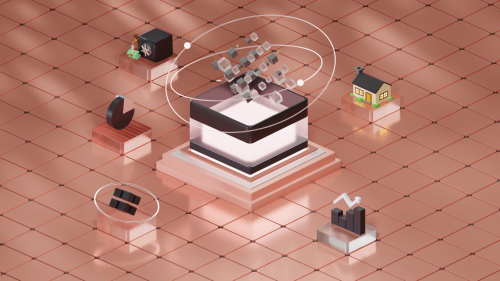
What Is Tokenization? New Markets, Revenue, and Yield Models
What is tokenization? It’s really an ancient concept that keeps reinventing itself. So, what does tokenization mean when it comes to real-world assets (RWAs), money, and blockchain technology? Get straightforward explanations with actual tokenization examples.
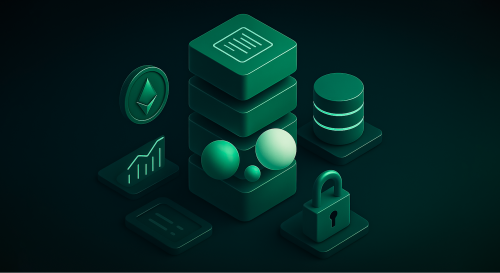
How to Build in the Tokenization Stack: A Founder’s Playbook
Building in the tokenization stack means more than minting tokens; it’s about navigating compliance, UX, liquidity, and infrastructure. This playbook breaks down each layer, offering founders and Web3 builders a clear guide to launching scalable, compliant, and composable asset products.

Understanding the Web3 User Mindset
You don’t have to be a psychologist to understand Web3 consumer psychology. In this article, we show you some of the best user discovery tools available and explain how to use them to convert would-be members into your biggest fans. Let’s take a look.
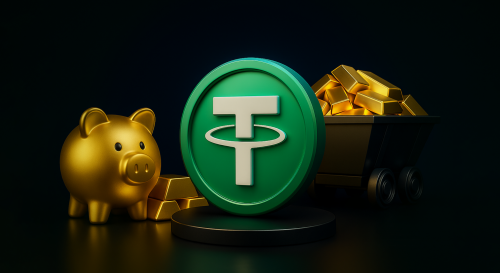
Gold-Backed Stablecoins: Stable Value in a Volatile Crypto World
Gold-backed stablecoins combine the timeless value of gold with the innovation of blockchain. In this article, you’ll learn how these tokens hedge crypto volatility, drive DeFi apps, and provide a secure entry point into asset-backed Web3 innovation. Discover the future of tokenized gold stability.

How to Find Credible Web3 Data
Web3 data is everywhere, but not all of it is reliable. From hype-driven stats to scammy sources, finding trustworthy information can be tricky. In this article, we break down how to find credible, business-focused Web3 data so you can make smarter, more strategic decisions.

Mastering DeFi Security: Best Practices for Safe Transactions
Crypto is only growing — but can it grow as a standard in business finance? DeFi makes a ton of sense with only a bit of prior knowledge and planning. Read on to understand best security practices and learn how crypto can expand your business’ global reach.
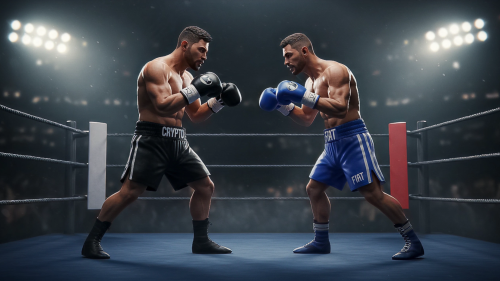
Crypto vs Fiat: A Guide to Understanding Money
What is fiat currency? What is cryptocurrency? You probably have a pretty good idea. In this article, it's all laid out in detail: the similarities, differences, and the ways certain onchain assets bridge the “crypto vs fiat” divide. This Onchain explainer will give you the insights you need to take action.
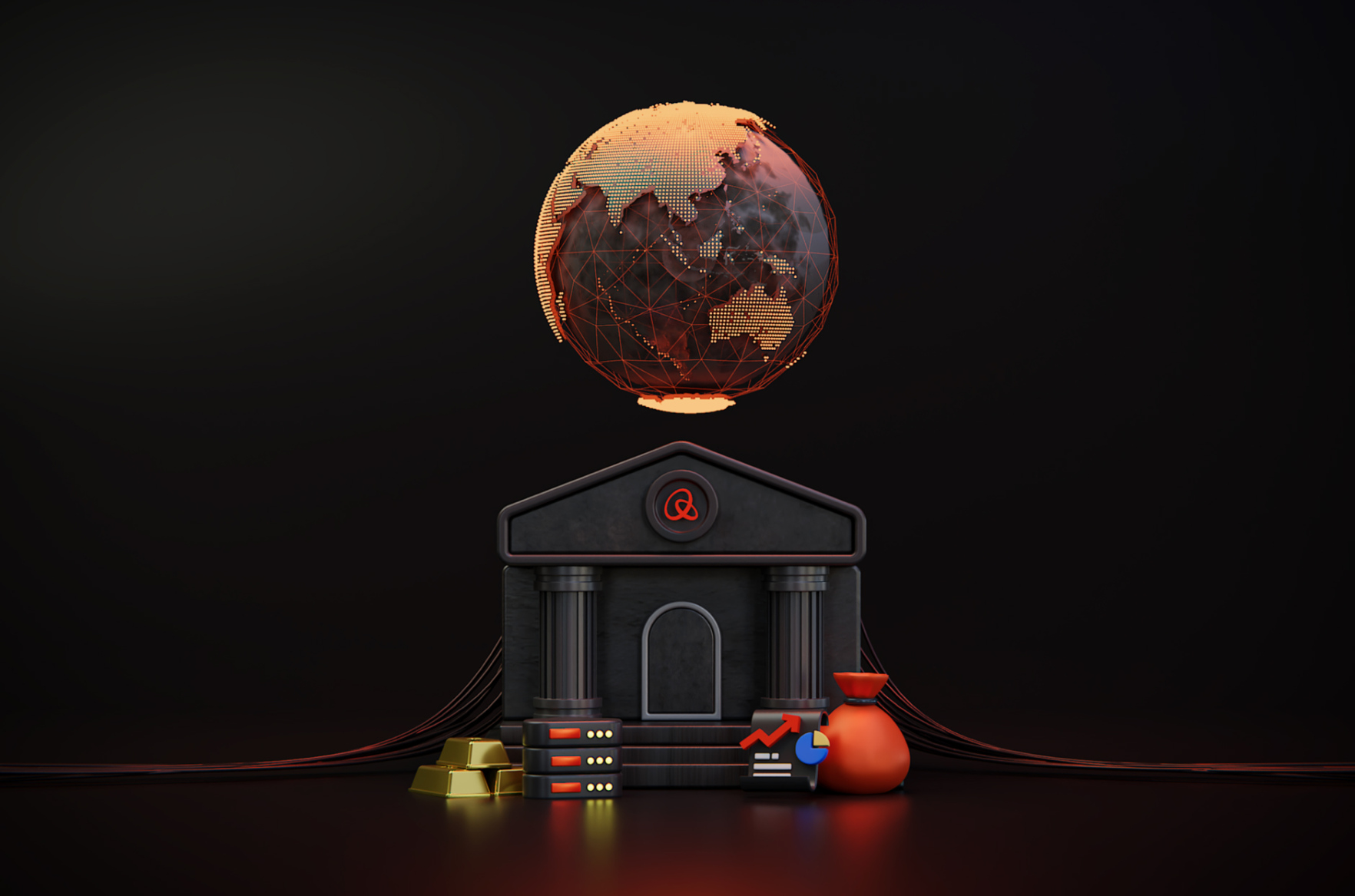
Tokenization is the New Trade Layer
Innovators always find gold in the cracks. Right now, traditional trade structures collapse and trust in institutions crumbles. The gaps of opportunity are wide open for blockchain rails as a new connectivity layer. This report analyses them and provides the frameworks and tools you need to identify untapped markets for tokenization that others may not yet see.